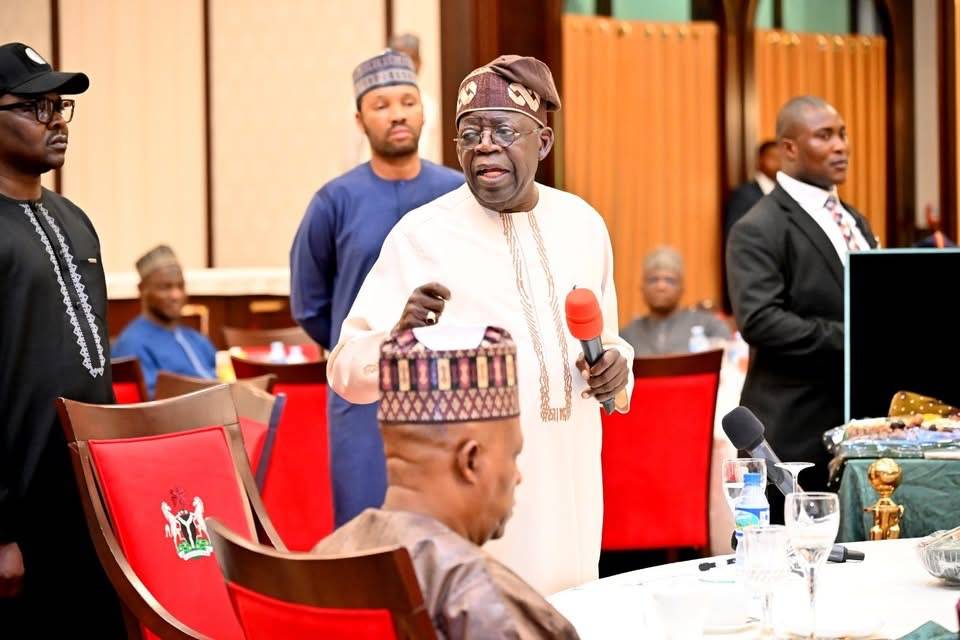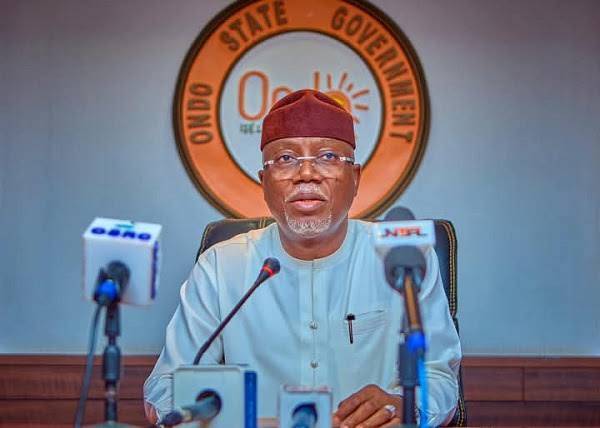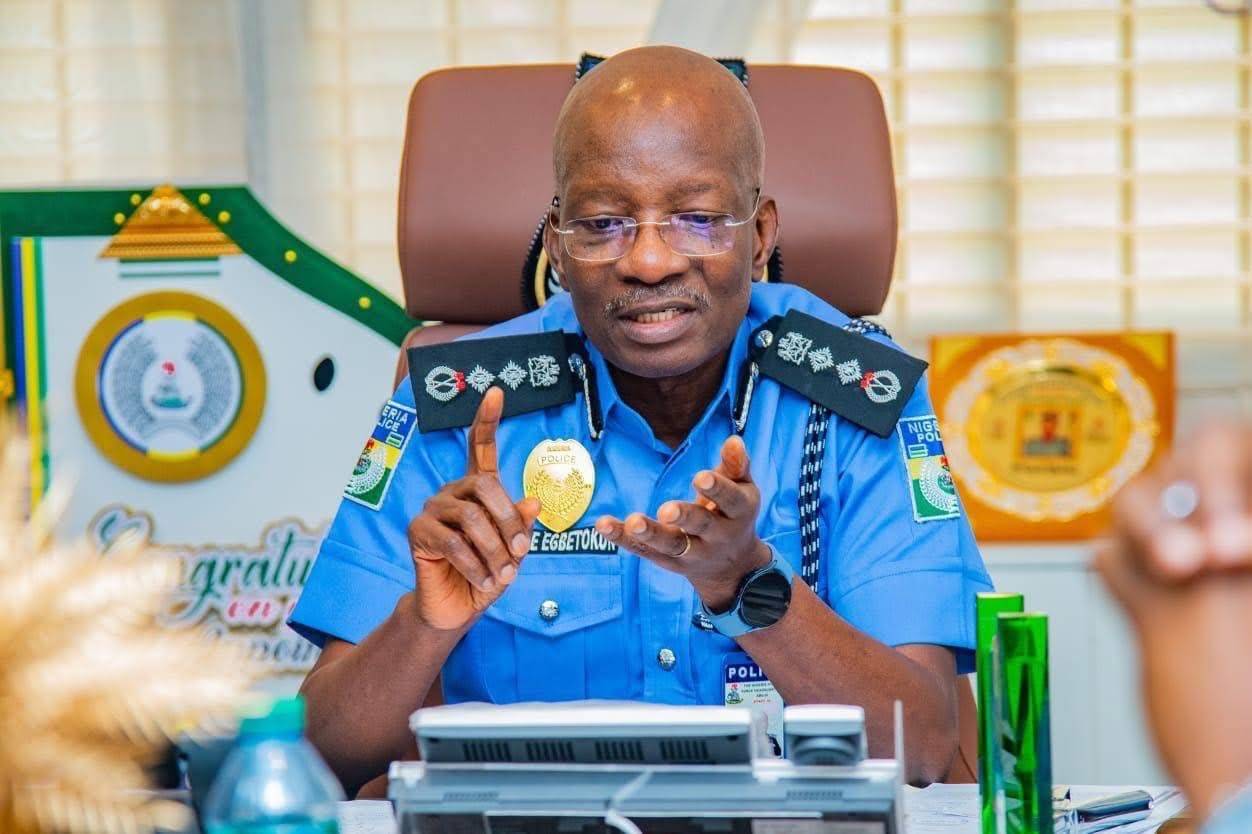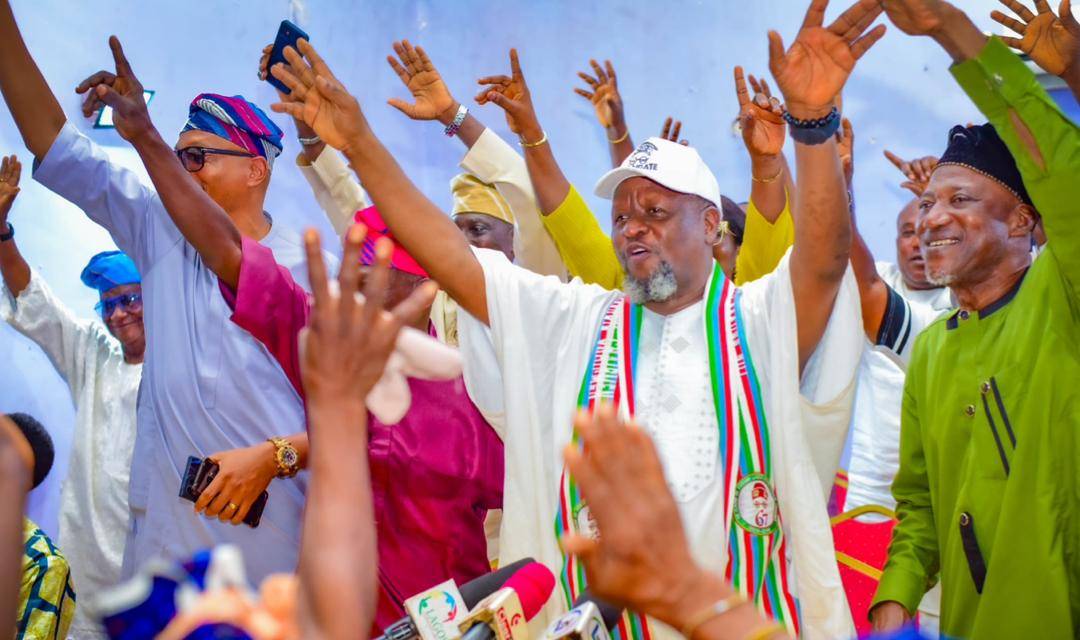Prince Albert and Princess Charlene of Monaco are looking to London.
Speaking exclusively with PEOPLE, Monaco’s reigning sovereign confirmed the royal couple is looking forward to attending King Charles’ May 6 coronation.
“I’m certain that it’s going to be an incredible ceremony and a very moving one,” Prince Albert, 64, tells PEOPLE. “We’ve maintained contact since His Majesty became King, but I haven’t talked to him personally since the Queen’s funeral.”
“I’m certain His Majesty will add his own ‘personal touches’ to the ceremonies,” adds Albert about the historic royal event. “But what those will be, I’m sure I don’t know.”
While Princess Charlene and Prince Albert “will definitely go” to the coronation, Monaco’s monarch doesn’t currently know if they will be joined by their 8-year-old twins, Hereditary Prince Jacques and Princess Gabriella.
“I don’t know what arrangements they’ll provide for other members of the family,” Albert tells PEOPLE. “And the children, I think, [they] may be a little young for these types of ceremonies. But we’ll see.”
“You know I don’t know how many coronations of an English monarch I’ll see in my lifetime, so we’ll try to take advantage of that,” he adds.
Preliminary plans for King Charles’ coronation promise a “once-in-a-lifetime” spectacle. The 2,000 guests invited to Westminster Abbey — and the thousands who’ll line the parade route — will participate in Britain’s first crowning ceremony in 70 years.
Following tradition, the service will be conducted by the Archbishop of Canterbury. While announced plans call for a smaller-scale, more modern ceremony than Queen Elizabeth’s 1953 coronation, there will still be no absence of pageantry.
As royals, King Charles and Prince Albert have a long and unique friendship going back decades.
Their initial association, created by status as well as their proximity of age (they are nine years apart), has flourished into a lifelong friendship — one developed and grown, acknowledges Albert, through a mutual interest in environmental issues. This shared cause has generated several cooperative projects between their respective charitable trusts.
“His Majesty remains very much engaged and still very keen to pursue these issues,” Prince Albert tells PEOPLE about his correspondence with Charles since the Sept. 8 death of Queen Elizabeth. “For example, I know he closely followed the progress of the COP conferences” at Sharm-el-Sheikh and Montreal last fall.
Despite this, Prince Albert says he’s unsure about how much time King Charles’ increased responsibilities will allow his pursuit of ecological issues.
“I’m still uncertain what his King’s Trust is going to become now,” Albert remarks. “We’re partnered with it on a few projects concerning ocean initiatives and forests mostly, and we’re waiting to see how things ‘shake out’ in the King’s new role. It’s going to evolve. There’s talk that because he can’t follow everything, His Majesty’s going to have another family member in charge of that.”
His logical successor on environmental issues would be his son and heir Prince William, Albert agrees, before stipulating that the transition remains unannounced. “It could be. But we’ve no word of that yet,” he says.
“The King has been very much in the forefront,” Albert adds, describing Charles as “a pioneer” of environmentalism. “He was the first major figure of state, a leader of opinion, to commit himself to environmental protection. He really began in the 1980s — and in many pioneering ways. In sustainability and really in every aspect of it. In architecture, for example, and in using different designs, even to small town designs.”
King Charles’ early leadership concerning climate change, has also expanded, Prince Albert observes. “The King, his Foundation and Trust have moved progressively into other areas including protection of natural habitats, oceans and water for future generations.”
“I admire his fight for several great battles,” continues Albert. “For the improvement of architecture. For energy sustainability, against deforestation and on a number of environmental issues. These are concerns on which we’ve frequently exchanged views.”
Culled from Peoples











